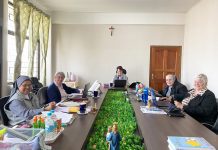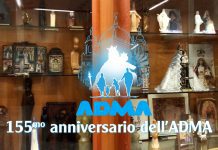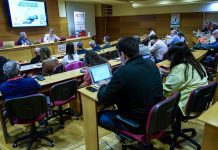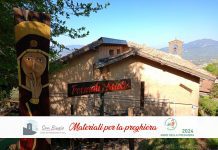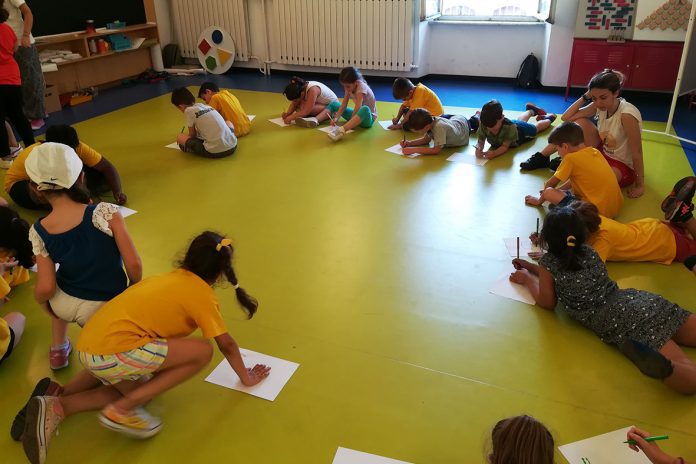Turin (Italy). The educational team of Vides Main is made up of the Daughters of Mary Help of Christians of Bl. Laura Vicuña Community of the Piedmont Province Mary Help of Christians (IPI), and lay educators, animators, volunteers. In the face of the unprecedented situation of the Covid-19 pandemic, which risked to partially frustrate the educational service with families, they chose not to give up, but rather to go back to the origins of its history. They developed the text “Educational work and quality – even in the times of Covid-19” (edited by Giovanni Garena, Maggioli Editor, 2021), which is a manual for self-assessment of educational-professional work that becomes a proposal for action.
The FMA and the laity of Vides Main recount the experience of the conception and choral drafting of the text:
There are necessary storms. There are rainbows that repay everything.
There are sunny days meant to last.
There are horizons that await our steps.
(Maria Letizia Del Zompo)
“This text was born in the midst of the pandemic, when the Vides Main educational team, formed by FMA and lay people and flanked by its historical educator, the sociologist Gianni Garena, chose not to close, not to give up before the increasingly stringent norms and the radical change in relationships and lifestyle. That is, they decided to overcome the disorientation, to face the storm with the certainty that in the aftermath, the rainbow would emerge, the sun would shine again, and new horizons would open.
Beyond the metaphor, they understood that to invent innovative ways of carrying out their mission in a territorial educational service, to face the social and relational negatives that the virus would bring, it was necessary to go back to one’s origins, reread one’s history, face the themes of evaluation, quality, confronting the pedagogical models, which over the years have been a strong point of reference.
And, again, it became essential not to be overwhelmed by complexity, to mature in the awareness that measures would not be sufficient to contain the socio-health and educational emergency. Rather, it was necessary to take a critical position towards oneself, through a methodology that, without any claim to exhaustiveness, would contribute to providing dignity to the educational events of local services, in a vision of a quality system capable of enriching its protagonists.
Thus, were born the two hundred pages of this text that traces the itinerary of the educational dreams that have accompanied the actions of Vides Main from its beginnings back in 1990, up to today. They try to grasp, ‘on tiptoe’ and without pretending to teach anyone anything, the challenge of dealing with quality in a territorial service that interacts with a context characterized by vast and profound forms of discomfort but also by significant resources. These pages tend, first of all, to put educators in a critical position towards themselves and lead to a proposal for a manual for self-evaluation and professional peer review of the territorial educational service.
During the writing we asked ourselves many questions that generated others. It was a way to strengthen dialogue within the educating community and to grow, together with those who will recognize themselves in what we have proposed, as a presence of liberation and care.
We are happy that this first edition of the book saw the light in the year of the 150th anniversary of the foundation of the FMA Institute. It is one of the ways to continue a dream that lasts over time and of which, even if in a small part, we feel we are heirs.
Before sending it to friends, we placed it at the foot of the altar of the tiny chapel of the apartment in Via Sansovino, where the FMA community lives, with the awareness that it is really a small thing. At that moment, we asked our Saints and, of course, our Sr. Angela Cardani, who first gave wings to this dream, to make this text a good traveling companion for those who choose to prepare to be social educators and be capable of infecting them with the same educational passion of Don Bosco and Mother Mazzarello”.



